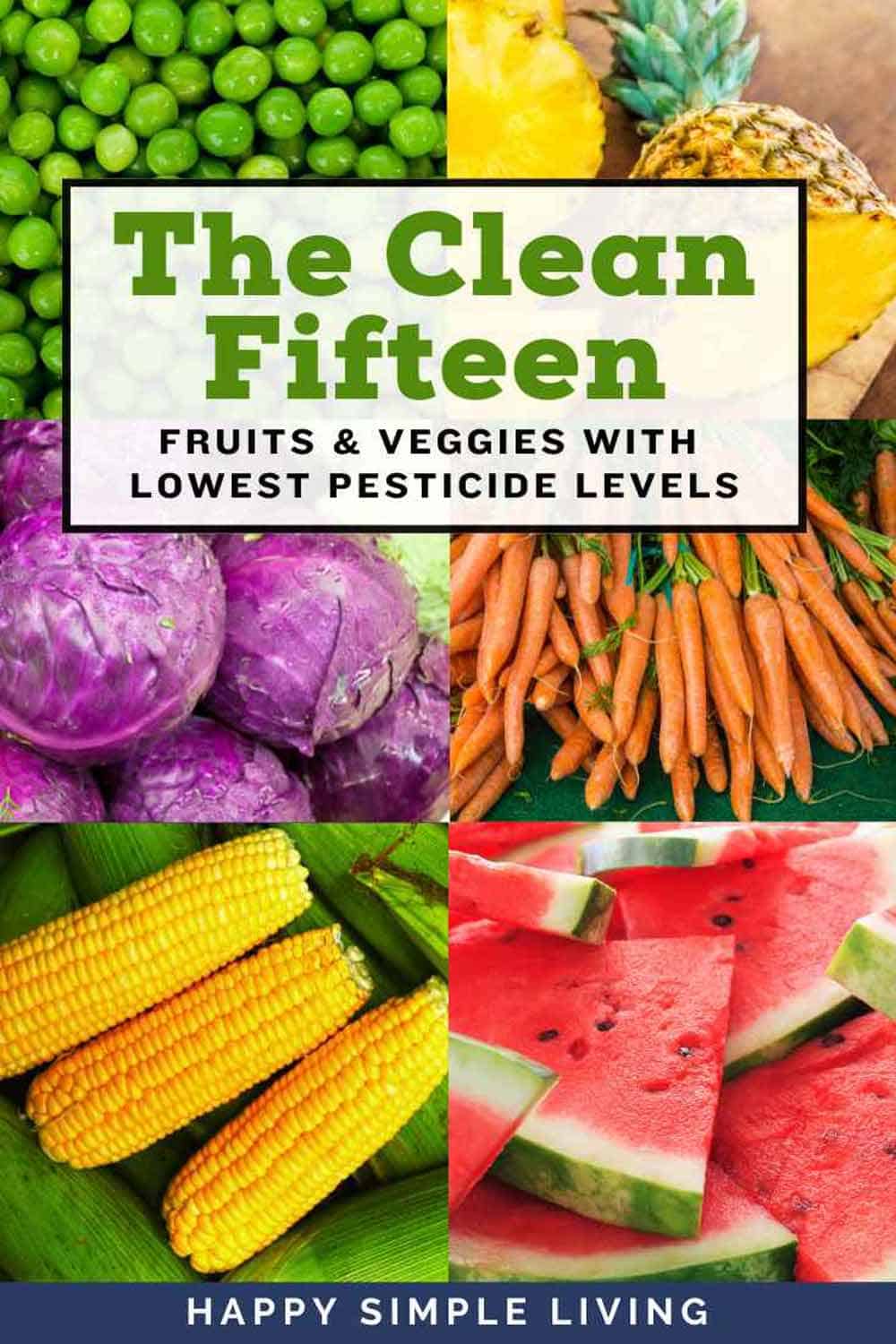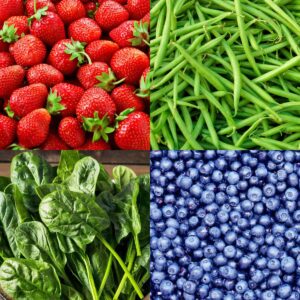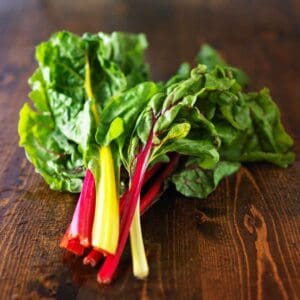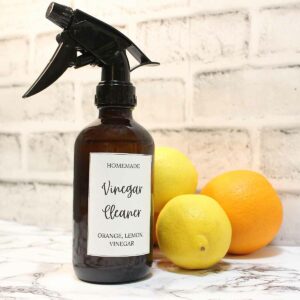Organic produce can be pricey, but luckily there’s a list of fruits and vegetables known as the “Clean Fifteen” that are all low in pesticides and safe to buy non-organic.
So, what exactly is the Clean Fifteen? It’s a list of 15 fruits and vegetables that have been tested and found to have the lowest levels of pesticides when grown conventionally. This means you can buy them nonorganic and not have to worry about ingesting harmful chemicals.
The list is put together each year by the Environmental Working Group (EWG), a nonprofit organization that advocates for healthier living and a cleaner environment.

Since I wrote about the “Dirty Dozen“—the 12 fruits and veggies named by the EWG as having the heaviest pesticide loads each year, I was curious about whether certain produce types typically have lighter pesticide residues.
Indeed, the Environmental Working Group also publishes their “Clean Fifteen” annually, listing the safest conventionally-grown crops to consume from the standpoint of pesticide contamination.
Some of the items on the Clean Fifteen list might surprise you. For example, did you know that sweet corn and carrots are among the safest conventionally grown crops in terms of pesticides? More of our favorites on the list include honeydew melons (many grown right here in our home state of Colorado!), avocados and asparagus.
By knowing which fruits and vegetables are safe to buy non-organic, we can save money while still eating healthy.
Here’s a recap of the list:
The Clean Fifteen for 2024
- Sweet corn
- Avocados
- Pineapple
- Onions
- Papaya
- Sweet peas (frozen)
- Asparagus
- Honeydew melon
- Kiwi
- Cabbage
- Watermelon
- Mushrooms
- Mango
- Sweet potatoes
- Carrots
How about you? Do you take pesticide levels into consideration when you’re shopping for fresh produce at the grocery store or market? Were you surprised by any of the winners on this list? Drop a comment below.
P.S. I still think the best produce of all includes the herbs, fruits and veggies we grow in our own home gardens!
This post was originally published on March 24, 2013 and updated on June 8, 2024.

Eliza Cross is the creator of Happy Simple Living, where she shares ideas to help busy people simplify cooking, gardening, holidays, home, and money. She is also the award-winning author of 17 cookbooks, including Small Bites and 101 Things To Do With Bacon.





Surprised that carrots made this list since they’re grown in the soil.
Same point with sweet potatoes.
I’m nervous about feeding my dog organic carrots due to a lack of trust in the information.
With so much inconsistent information available knowing what information to trust is difficult.
How sound are the studies? How reliable is the data and the source of the data?
Marcus, I hear you. And the fact that carrots are #15 on the list means that #1-#14 have lower pesticide levels. You can read more about the findings here: https://www.ewg.org/foodnews/summary.php/magmi/web/clean-fifteen.php. The one thing I like about organic carrots for our dog is that I can wash and peel them, which should help with any remaining surface chemicals. Thanks for stopping by and commenting. ~Eliza